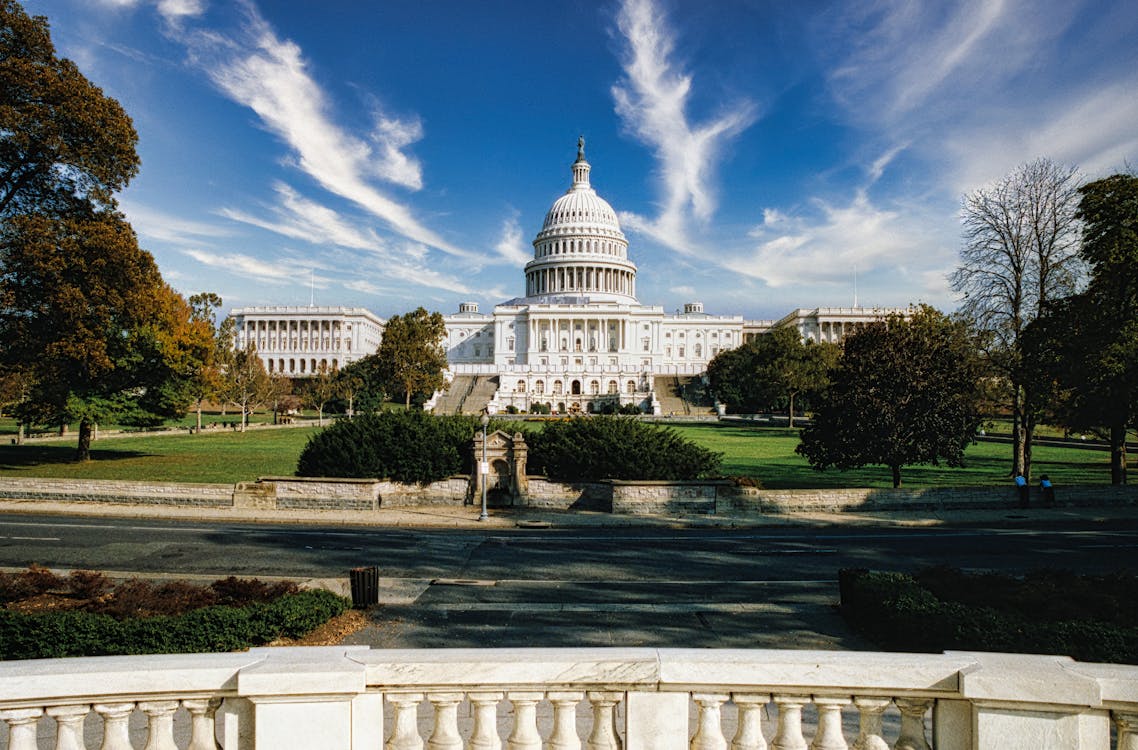Washington, D.C. – A controversial new bill, officially titled the "National Digital Security Act," is advancing through Congress. Critics warn it could become a modern-day "Patriot Act 2.0," dramatically expanding government surveillance powers over digital communications.
Supporters argue the bill is necessary to combat rising cyber threats and domestic terrorism, but privacy advocates fear its vague language allows for widespread monitoring of citizens' online activity without proper oversight.
Key Provisions of the Bill
- Mandatory data retention: Internet providers would be required to store user activity logs for five years.
- Expanded government monitoring: New authority for the NSA and FBI to surveil online forums and encrypted messaging services.
- Social media compliance: Tech companies could be legally required to provide user data upon government request, with limited transparency.
Big Tech's Role in the Controversy
The bill also strengthens collaboration between intelligence agencies and social media companies. Platforms like Facebook, Twitter, and Google would be required to flag and report content deemed "high-risk."
Opposition from Civil Liberties Groups
Privacy organizations and lawmakers from both sides of the aisle are pushing back. Senator David Whitmore has introduced The American Privacy Act, a counterproposal aimed at safeguarding Americans from mass data collection.
With a final vote expected soon, will Congress choose security over freedom? Or will privacy advocates win the fight to preserve civil liberties?

